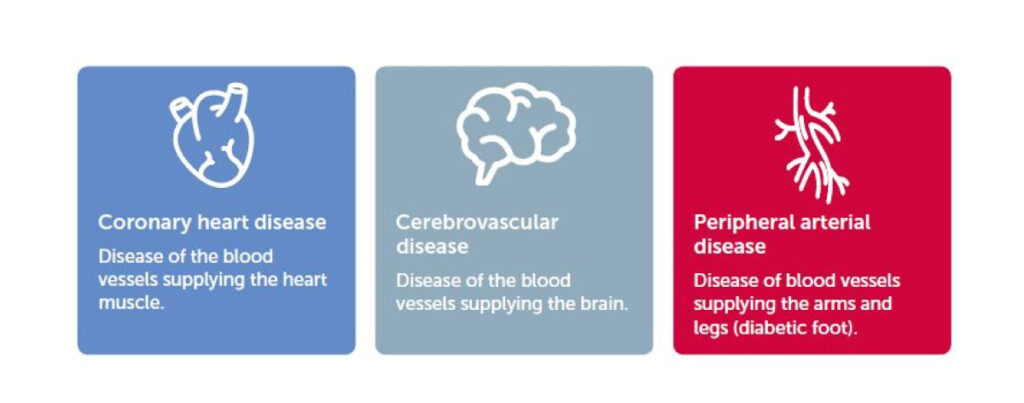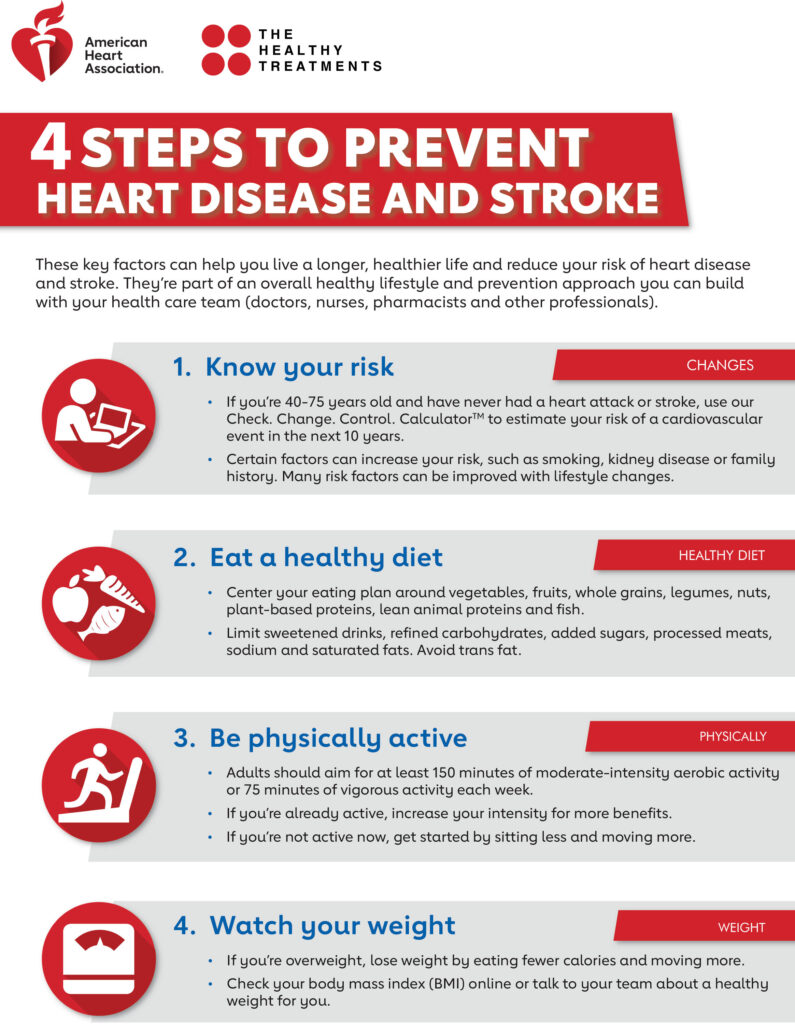Exploring The Risks and Benefits of Liposuction in Arms Choose...
Leer Más
Cardiovascular diseases, also known as heart diseases, are a group of disorders involving the heart or blood vessels that affect the ability of the heart to pump or supply oxygenated blood to other parts of the body. These include coronary artery disease, arrhythmias and congenital heart defects, among others. Some of these conditions can cause chest pain, heart attack and stroke. Risk factors for developing these conditions include smoking, high cholesterol levels, hypertension and diabetes.
Although anyone can get cardiovascular disease, certain groups are at greater risk. People over the age of 65, especially those with a family history of heart disease, are more likely to develop these conditions. In addition, people who eat unhealthy diets or lead sedentary lifestyles, or who smoke or otherwise abuse alcohol or drugs, are also more prone to developing cardiac issues.

Cardiovascular disease can present with a variety of symptoms, from chest pain and shortness of breath to dizziness and fatigue. Other common signs of cardiovascular disease include an irregular heartbeat, palpitations, pressure or pain in the chest area, as well as numbness or coldness in the feet or hands. Pain that begins in the chest and radiates to other parts of the body, such as one or both arms or shoulders; upper back; neck; jaw; teeth; stomach, lower back or anywhere else is also an indication of potential cardiac problems.
Prevention is key when it comes to reducing the risk of developing cardiovascular disease. Lifestyle changes such as exercising regularly, eating a healthy diet, managing stress and quitting smoking can all reduce your chances of developing heart disease or having a heart attack. In addition, controlling other medical conditions like high blood pressure and diabetes can help prevent development of cardiac problems. Taking medication prescribed by your doctor can also help keep your heart in tip-top shape!

Eating a healthy diet and exercising regularly are both essential to helping manage the symptoms of cardiovascular disease. A balanced diet should consist of foods that are low in saturated fats, sugars and salt. Additionally, eating foods such as fruit, vegetables, whole grains, lean meats, and fish can be beneficial for maintaining healthy cholesterol levels. Exercise can help people with heart disease by improving their strength and stamina while also reducing feelings of stress and anxiety. Incorporating even moderate physical activity into your routine can have a huge impact on your overall health!
Exploring The Risks and Benefits of Liposuction in Arms Choose...
Leer MásLiposuction Guide 2023: Benefits, Effects & Cost of Liposuction Choose...
Leer MásRevolutionizing Oral Health: Dental Implants as Masterpieces What is Dental...
Leer MásThe Pros and Cons of Ethical Cosmetic Surgery Choose Board...
Leer Más